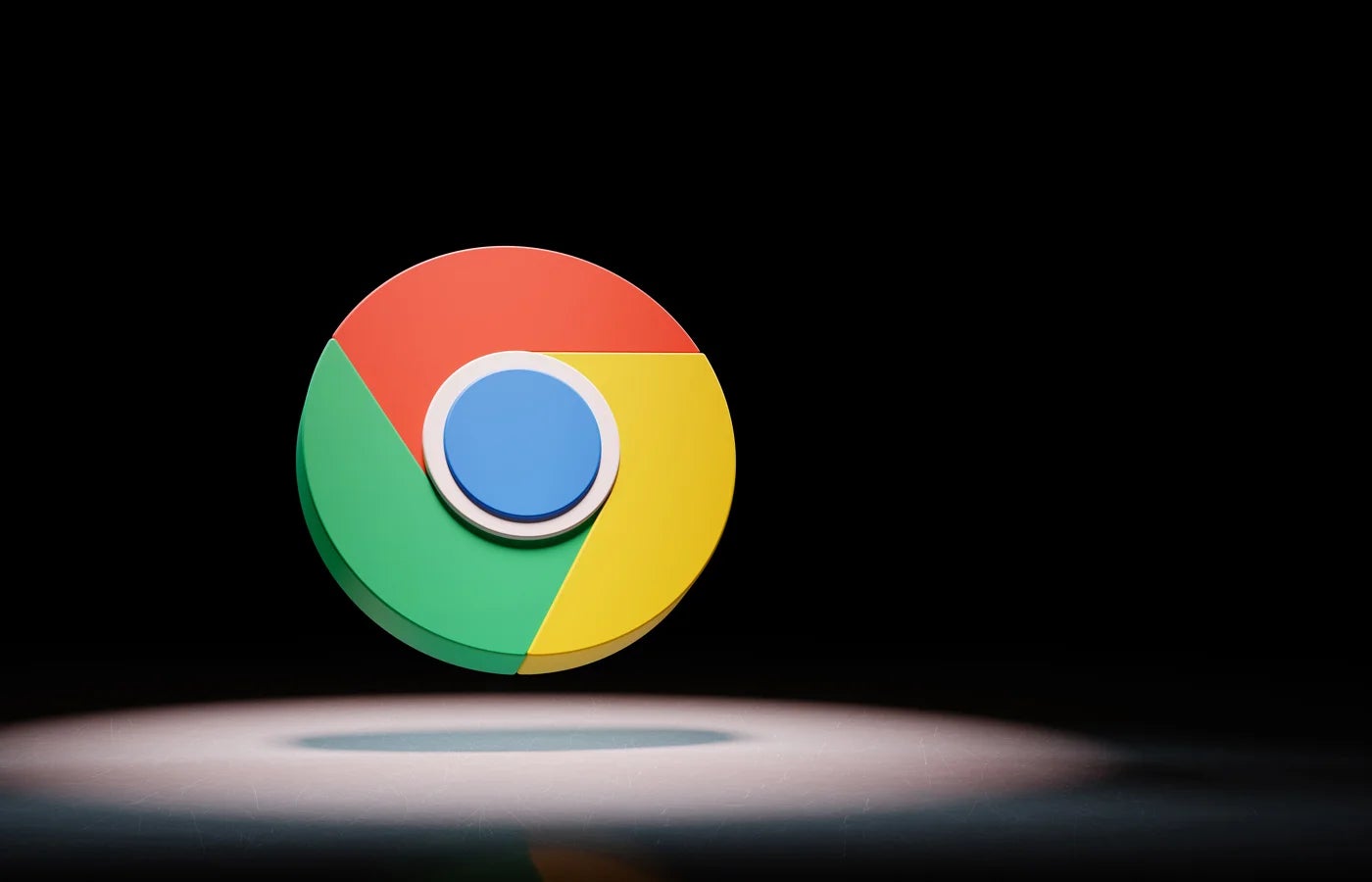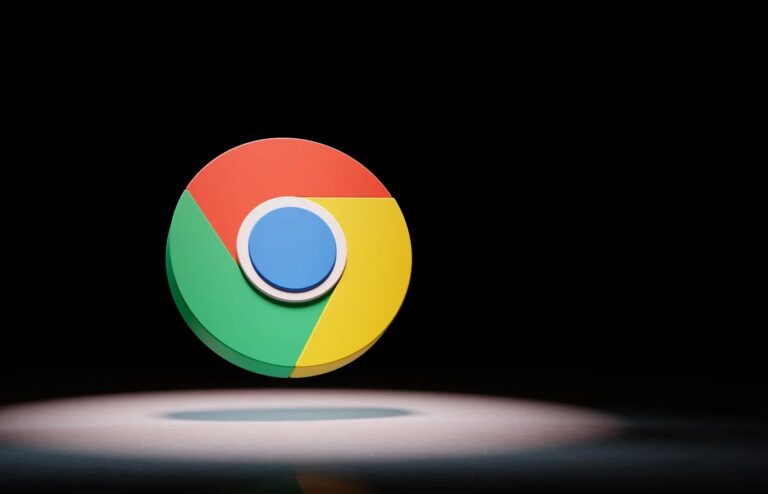
The future of Google’s Chrome browser could be up for grabs, and some major players are already lining up to express their interest.
At the ongoing antitrust remedies trial, US v. Google, the US Department of Justice is pushing for drastic changes to break up what it calls Google’s illegal monopoly. One of the biggest proposals? Forcing Google to sell Chrome, the world’s most popular web browser.
Who wants Chrome — and why
With roughly two-thirds of the global browser market, Chrome is the default search engine for billions of users. That’s why OpenAI, Perplexity, and even Yahoo see it as a golden opportunity. Owning Chrome would give any company instant access to a massive audience, letting them push their own search engines, AI tools, or other services.
Nick Turley, head of product at OpenAI, testified that his company would be eager to buy Chrome if it becomes available. “Yes, we would, as would many other parties,” Turley said in court. He added that owning Chrome could help OpenAI build an “AI-first” browsing experience.
AI search startup Perplexity is also interested in buying Chrome. Dmitry Shevelenko, Perplexity’s chief business officer, said, “I think we could do it” when asked if Perplexity could run Chrome without sacrificing quality, according to The Verge. Perplexity is already working on its own browser, but buying Chrome would be a shortcut to billions of users.
Yahoo is another potential buyer. Brian Provost, Yahoo Search’s general manager, testified that buying Chrome would cost “tens of billions of dollars” but said it could happen with backing from Apollo Global Management, Yahoo’s owner, The Verge reported.
How much could Chrome be worth?
The browser’s price tag could be massive. DuckDuckGo CEO Gabriel Weinberg gave a rough estimate during the trial, saying Chrome could be worth up to $50 billion, according to Bloomberg.
Google exec isn’t convinced anyone else could handle Chrome properly
Parisa Tabriz, Chrome’s general manager, argued in court that Chrome is deeply tied to other parts of Google. “Chrome today represents 17 years of collaboration between the Chrome people” and the rest of Google, Tabriz said, as reported by Bloomberg. She added, “I don’t think it could be recreated.”
Tabriz pointed out that critical features like Chrome’s safe browsing mode and password protection rely on shared Google infrastructure.
But not everyone agrees. James Mickens, a Harvard computer science professor and expert witness for the DOJ, testified that transferring Chrome is “feasible from a technical perspective,” saying it could be done without “breaking too much,” according to Bloomberg.
Final decision looms: Will Google lose Chrome?
The Justice Department wants more than Chrome’s sale. It wants a ban on Google making exclusive deals with phone makers like Samsung and carriers like AT&T, deals that prosecutors say helped Google maintain its dominance.
Judge Amit Mehta has already ruled that Google “is a monopolist, and it has acted as one to maintain its monopoly.” A final decision on remedies is expected by August, but with appeals likely, this saga could stretch out far longer.
For now, Google’s grip on Chrome remains firm. But if the court sides with the DOJ, we could soon see one of the biggest browser shakeups in internet history.

